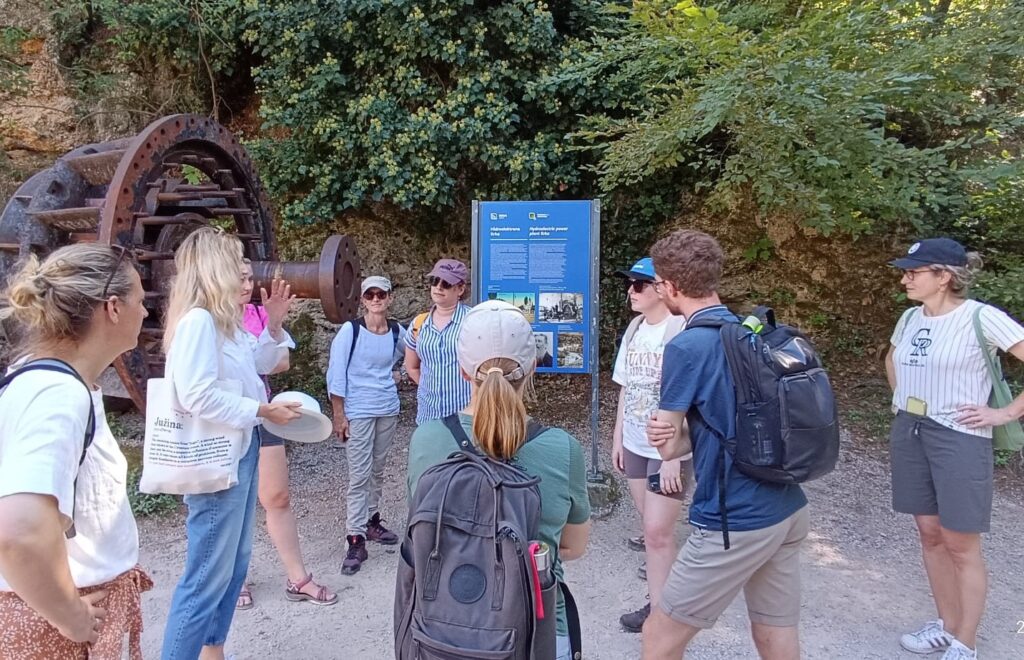The new WatNex project initiated the momentum of its work last month during the EJWP Training Week Croatia, in a workshop on project startups, including science communication, on 28 September at the Vrlika Ecological Station. In this context, WatNex launched a Norwegian case study on Micropollution in water linked with communicating science to school-age youths.
The Norwegian Case Study of WatNex aims to present in a “Science is Wonderful” fair in Brussels on 24-25 April 2024 with project activities, topics and materials on water micropollution adapted to the school children and teacher audience to be communicated in a clear and understandable way. As children are curious by nature, this WatNex case is challenged to include interactive experiments and activities involving manual work and the use of all senses of the young participants. There is also planning in-progress for a short science show and workshop-type activity on a dedicated stage in the fair. The action plan for the fair will be presented and adapted during the upcoming EJWP Training Week from 27 November – 1 December in Ås, Norway.
“The Norwegian case of WatNex projects is very exciting for me as it combines two of my professional passions: contaminants of emerging concern and science communication. Our main goal is to develop a game that would raise awareness of micropollutants in the environment,” said Agnieszka Cuprys (Aga), an EJWP participant who is a researcher and project manager with NMBU, “The whole team is engaged. I love our brainstorming sessions; everyone is creative and shares great ideas. My only wish would be to have more time on the project.
Another goal of WatNex is to support personal development of EJWP project participants through their learning and use of professional skills needed for these types of initiatives. Training through EJWP’s projects co-creation initiatives allows the participants to put new and seldom-used skills into practice to better experience how the outcomes impact them personally and through their teams/organizations. “It is interesting how the change of the role (from project member to leader) is putting everything in perspective. It gives me a push to manage my time more efficiently, but also managing a team is a great learning opportunity. I think it was a success in Croatia, and I’m really looking forward to our final outcome!” said Aga.
The Water-Energy-Biodiversity-Climate-Food Nexus (in short Nexus) initiative, WatNex, was launched last June in Tel Aviv by EJWP participants working on the project. WatNex is empowering a multidisciplinary network of stakeholders working on water, energy and food sustainability with the importance of ecosystems in the context of climate change in Nexus systems. WatNex is taking into account different approaches to its objectives. Examples from the presentation at the workshop in Split include: Digitalization of the water sector, Zero pollution challenges, Farm-to-Fork strategies, Circular Economy action plan, and strategies incorporating world population growth.
Watnex is an initiative of the University of Zagreb, Faculty of Science (PMF) and NMBU – Norwegian University of Life Sciences.

